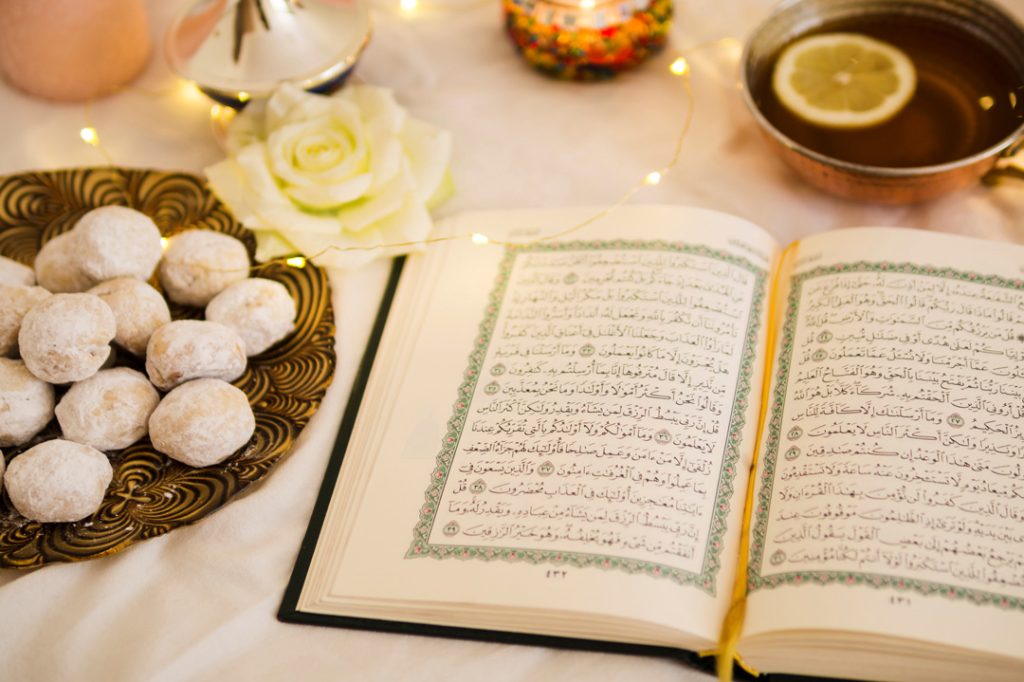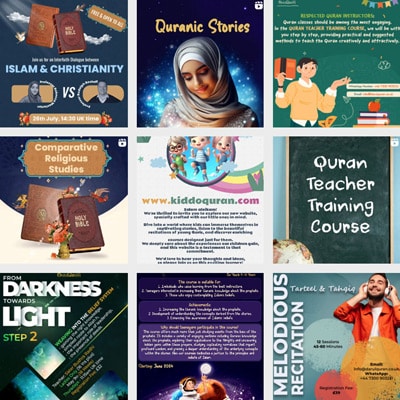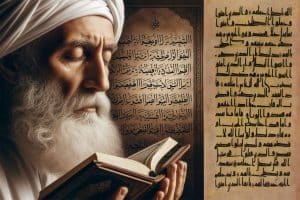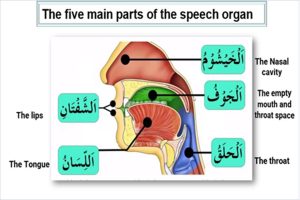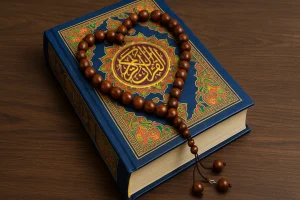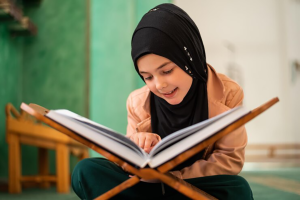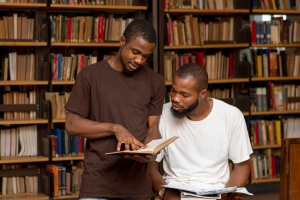Darulquran Academy, a leading global center for organizing international Quranic competitions, recently hosted the third round of the RAB Award.
This annual event, known for its wide-ranging categories and enthusiastic participation, continues to attract Quran reciters and enthusiasts from around the world.
The third round of the RAB International Competition maintained the momentum of previous years, with participants competing in various categories such as Tartil recitation, Tahqiq recitation, Juz Amma memorisation, memorisation of selected chapters of Juz Amma, memorisation of the first five Ajza, and Quranic calligraphy.
The key dates of the competition were as follows: the registration deadline was March 10, the first round took place on March 16-17, the first round results were announced on April 1, and the final round was held on April 14, 2024.
The third round of the RAB International Competition drew a diverse group of 149 participants from various countries, reflecting its international appeal. The breakdown of participants by country—29 from the UK, 18 from Nigeria, 15 from Canada, 13 from India, 9 from Indonesia, and other countries—indicates a broad and inclusive reach.
Age-wise, the competition saw a significant number of young participants, with 38 under the age of 10. This large turnout of young competitors suggests a growing interest in such competitions among younger age groups.
The distribution of participants across other age groups (28 between 11 to 15, 46 between 16 to 25, 7 between 26 to 30, 11 between 31 to 35, 8 between 36 to 40, and 12 over 41) highlights the diverse age range of individuals engaged in the competition, emphasizing its appeal across different stages of life.
The closing ceremony, marking the end of the third round of the competition, was held on June 30th. It began at 1:30 PM UK time and lasted approximately 90 minutes, reflecting the dedication and coordination involved in organizing such an event.
The presence of distinguished professors and referees, both in person and virtually, highlighted the event’s importance.
The ceremony opened with a recitation from the Holy Quran by one of the referees, setting a solemn and respectful tone for the proceedings.
The inclusion of recitations by four of the first-place winners during the program showcased their talent and provided inspiration to other participants.
Special prizes, including cash awards and educational grants, were awarded to the top participants in each section.
In the Tartil Recitation category, the first prize went to a participant from Indonesia (born in 2008), who received £240 (comprising £80 cash and a £160 education grant), while the second prize went to a participant from Nigeria (born in 2006), who received £200 (comprising £60 cash and a £140 education grant).
In the Tahqiq Recitation category, the first prize was awarded to a participant from Afghanistan (born in 1990), who received £240 (comprising £80 cash and a £160 education grant), and the second prize went to a participant from Algeria (born in 1999), who received £200 (comprising £60 cash and a £140 education grant).
For the Five Ajza Memorisation category, the first prize was awarded to a participant from Indonesia (born in 2004), who received £170 (comprising £70 cash and a £100 education grant), while the second prize went to a participant from Indonesia (born in 1989), who received £120 (comprising £40 cash and an £80 education grant).
In the Juz Amma Memorisation category, the first prize was awarded to a participant from Indonesia (born in 2009), who received £130 (comprising £50 cash and an £80 education grant).
The second prize went to a participant from the USA (born in 2013), who received £90 (comprising £30 cash and a £60 education grant), and the third prize went to a participant from India (born in 2010), who received £70 (comprising £20 cash and a £50 education grant).
In the Calligraphy category, the first prize was awarded to a participant from the UK, who received £90 (comprising £30 cash and a £60 education grant).
Darulquran Academy continues to uphold its commitment to promoting the Quran and its teachings through such esteemed competitions, fostering a spirit of learning and excellence among participants worldwide.

